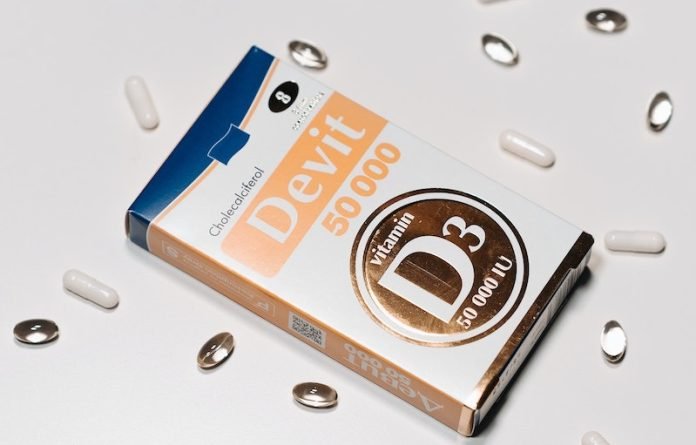
In a review study from Tufts Medical Center, scientists found that higher vitamin D intake was linked to a 15% decreased risk of developing type 2 diabetes in adults with prediabetes.
Vitamin D is a fat-soluble vitamin available in or added to some foods, as a supplement, or produced by the body when ultraviolet rays from sunlight strike the skin.
Vitamin D has many functions in the body, including a role in insulin secretion and glucose metabolism.
Previous studies have found an association between having a low level of vitamin D in the blood and a high risk of developing diabetes.
In the study, the team conducted a systematic review and meta-analysis of three clinical trials comparing vitamin D supplement impacts on diabetes risk.
They found that over a three-year follow-up period, newly diagnosed diabetes occurred in 22.7% of adults who received vitamin D and 25% of those who received a placebo, which is a 15% relative reduction in risk.
According to the researchers, extrapolating their findings to the more than 374 million adults worldwide who have prediabetes suggests that inexpensive vitamin D supplementation could delay the development of diabetes in more than 10 million people.
In an accompanying editorial, researchers highlight that previous data have found strong adverse effects of high vitamin D intake.
They argue that professional societies promoting vitamin D therapy have an obligation to warn physicians about both required vitamin D intake and safe limits.
They advise that this very-high-dose vitamin D therapy might prevent type 2 diabetes in some patients but may also cause harm.
If you care about diabetes, please read studies that eating more eggs linked to higher risk of diabetes, and how to reduce heart disease death risk if you have diabetes.
For more information about nutrition, please see recent studies that honey could help control blood sugar, and results showing Mediterranean diet could help reduce the diabetes risk by one third.
The study was conducted by Anastassios G. Pittas et al and published in Annals of Internal Medicine.
Copyright © 2023 Knowridge Science Report. All rights reserved.



